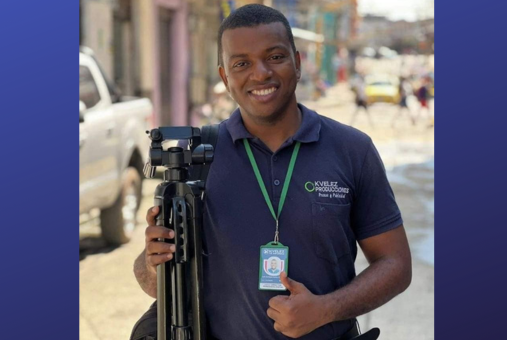
For Luis Núñez, journalism is an act of love and community service. He anchors two newscasts on Colombia’s Pacific coast and sells viche liquor, knowing he can’t live off journalism alone.
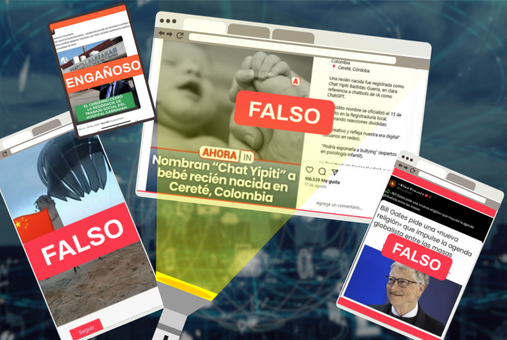
With help from MediaFact Latam’s mentorship program, outlets with scarce resources are building flexible teams to take on bot farms and fake videos.
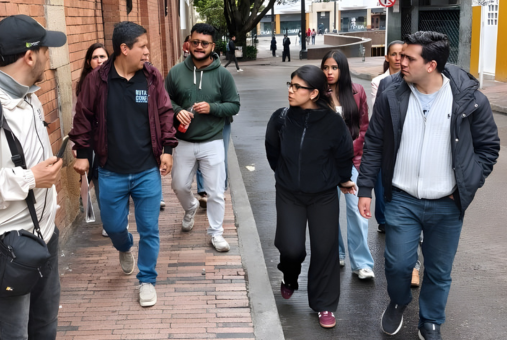
Rutas del Conflicto is taking its investigations beyond the screen, offering tours to create a niche audience, diversify its business model and promote historical memory.
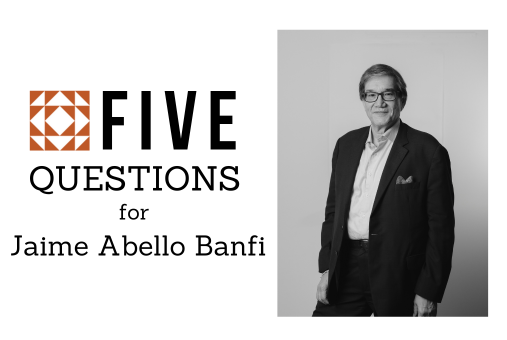
Jaime Abello Banfi's work at the helm of the Gabo Foundation earned him a Special Citation from the Maria Moors Cabot Prize. In an interview with LJR, he discussed the state of journalism, the disillusionment between journalism and audiences and the foundation's future.
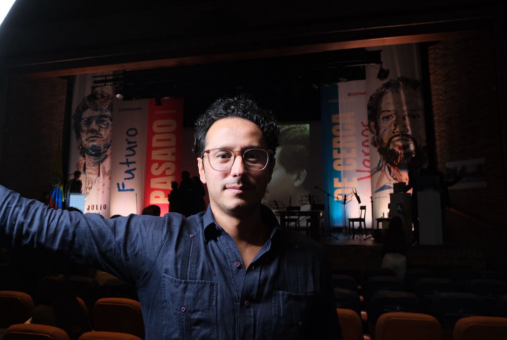
For Daniel Chaparro Díaz, a personal quest to understand his father's murder has become a professional mission to preserve the memory of Colombian journalists killed for their work.

News site Economía para la Pipol teamed up with tech firm Datasketch to build an AI-powered, fact-based bot to make business and economic news easier for everyone to understand.
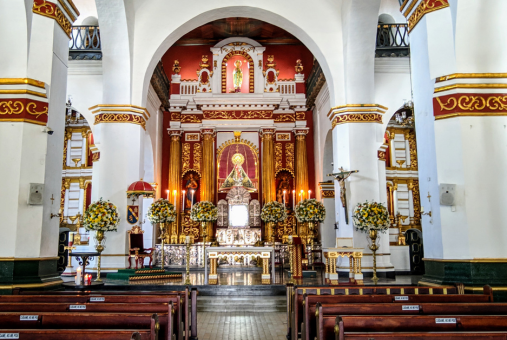
A ruling by the Constitutional Court sided with two journalists seeking to unlock the Catholic Church’s 'secret archive' on investigations into priests accused of sexual abuse. Church officials say the ruling goes too far.
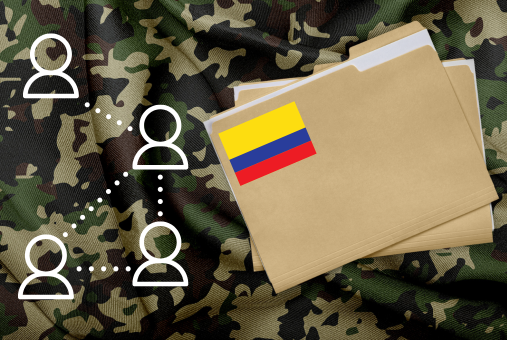
Nine military personnel were sanctioned for monitoring and profiling 130 people, including 30 journalists. But for investigative outlet Rutas del Conflicto, the punishment overlooks long-term harm.

Claudia Duque has spent two decades fighting for justice after being spied on and threatened by government agents. So now that the state is finally offering an apology, why is she refusing to accept it?
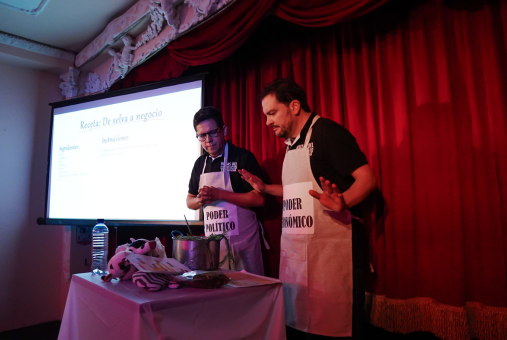
Through a theatrical performance, investigative journalists from Colombian site Rutas del Conflicto tell the story of how the Sikuani Indigenous people were displaced from their ancestral home.

More than half of a group of Colombian journalists surveyed consider leaving the profession due to low salaries and job instability. The study also showed that press workers in that country do not see unionization as a way to improve their working conditions.
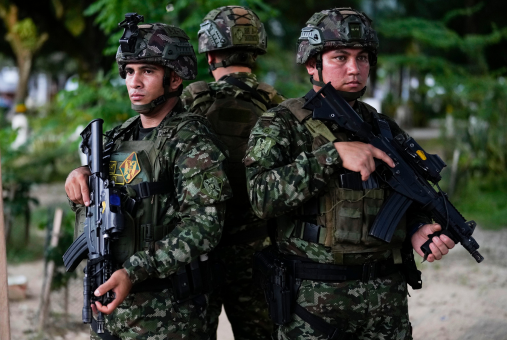
As two armed groups fight for control to traffic drugs through the Catatumbo region, local journalists are facing new risks to cover violence that has displaced 36,000 people.